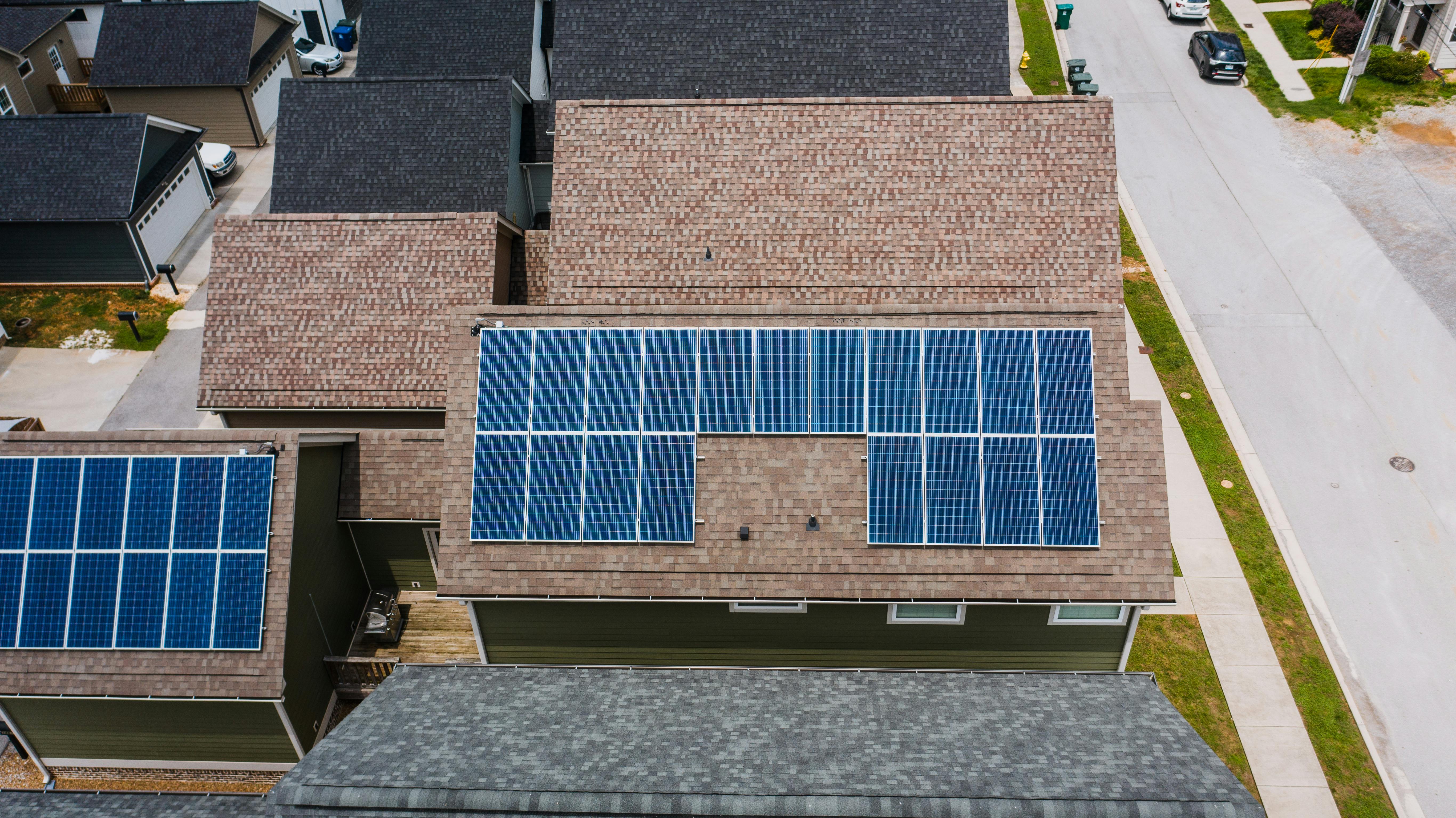Landlord Blog
Education and news for smart DIY landlords!
Should You Charge Higher Rent for a Solar-Powered Property?

With the rise of renewable energy and growing interest in sustainable living, solar-powered properties have become increasingly popular. Landlords and property owners in California may wonder whether they can charge higher rent for properties equipped with solar panels, especially under the guidelines of California’s AB 1482, the Tenant Protection Act of 2019. While the idea seems appealing, there are legal, ethical, and market considerations to evaluate.
Understanding AB 1482
California’s AB 1482, also known as the Tenant Protection Act, places restrictions on annual rent increases for many residential properties. It caps rent hikes at 5% plus the local rate of inflation or 10%, whichever is lower. The law also requires landlords to provide just cause for eviction and limits certain fees.
Notably, AB 1482 exempts some properties, such as those built within the past 15 years or single-family homes not owned by a corporate entity. For landlords with properties subject to AB 1482, raising rent to reflect the addition of solar panels must adhere to these limits.
The Appeal of Solar-Powered Properties
Solar-powered properties offer a range of benefits for tenants and landlords alike:
- Reduced Energy Costs: Tenants can enjoy significantly lower electricity bills, a major selling point in high-cost areas like California.
- Environmental Impact: Many tenants value sustainability and are willing to pay a premium for eco-friendly living.
- Increased Property Value: Solar panels increase the overall value of the property, which can attract higher-quality tenants.
- Potential Tax Incentives: Property owners may qualify for federal or state incentives to offset installation costs.
How Landlords Benefit
Investing in solar panels can offer landlords several advantages beyond increased rent potential:
- Attracting High-Quality Tenants: Eco-conscious tenants are often willing to pay a premium for properties with sustainable features. These tenants may also be more likely to care for the property, ensuring its long-term upkeep.
- Higher Property Value: Solar panels not only make your property more attractive to renters but also increase its resale value, offering long-term financial benefits.
- Reduced Vacancy Rates: Energy-efficient properties can stand out in a competitive rental market, reducing the likelihood of prolonged vacancies and ensuring a steady income stream.
- Lower Operating Costs: Solar panels can reduce common area utility expenses in multi-family properties, leading to overall lower operating costs for landlords.
- Tax Benefits and Incentives: Landlords can take advantage of various tax credits and incentives to offset the initial installation costs of solar panels, making it a cost-effective investment.
- Future-Proofing the Property: As energy efficiency becomes a standard expectation among tenants, having solar panels can ensure your property remains competitive in the long term.
Can You Justify Higher Rent?

Adding solar panels to a property can be a substantial investment, often costing between $15,000 and $25,000. As a landlord, it’s reasonable to seek a return on this investment. However, AB 1482’s rent control provisions limit how much you can increase rent annually, even if the property offers added value through solar energy.
If your property is exempt from AB 1482, you have more flexibility to set rental rates based on market demand. In this case, emphasizing the financial savings tenants will gain from reduced utility costs can justify a higher rent. For properties under AB 1482, you might consider smaller incremental increases to align with the law.
Ethical Considerations
While charging higher rent for solar-powered properties may be legally permissible in some cases, ethical considerations come into play. Many renters already face financial strain due to California’s high housing costs. Passing the full cost of solar panel installation onto tenants might limit access to affordable, sustainable housing.
Instead, consider marketing the property’s energy savings as a key benefit without heavily inflating rent. This approach can attract long-term tenants who appreciate the added value while fostering goodwill.
Market Trends
Before raising rent, assess the local rental market. Are tenants willing to pay a premium for solar-powered properties in your area? Research comparable properties and gather data to ensure your rent remains competitive. Highlight the savings and environmental benefits in your marketing to appeal to eco-conscious renters.
Conclusion
Charging higher rent for a solar-powered property is a nuanced decision. While AB 1482 imposes limits on rent increases, there are ways to recoup your investment within these constraints. Balancing legal compliance, market demand, and ethical considerations is key to making solar-powered rentals a win-win for landlords and tenants alike. By emphasizing the financial and environmental benefits of solar energy, you can position your property as a desirable option in California’s competitive rental market.
